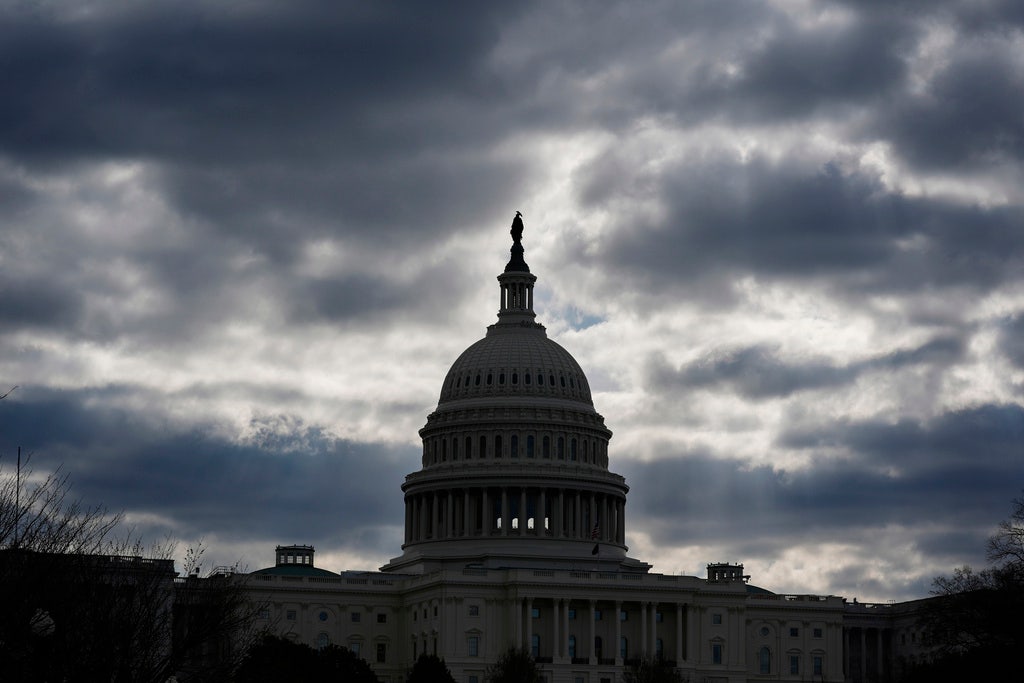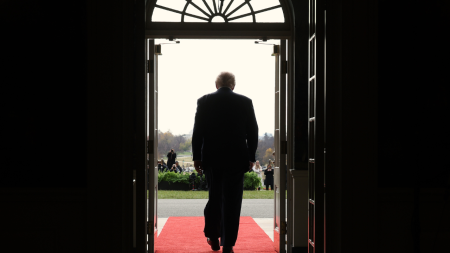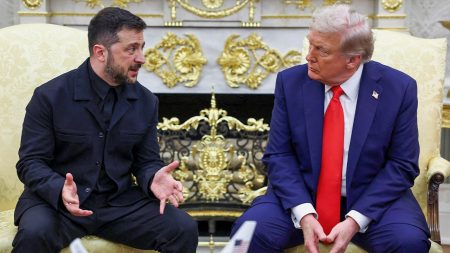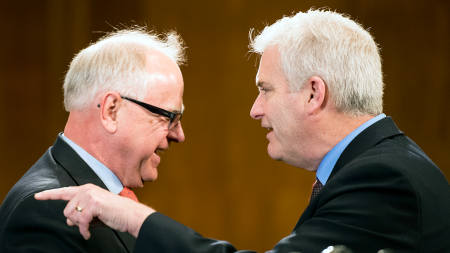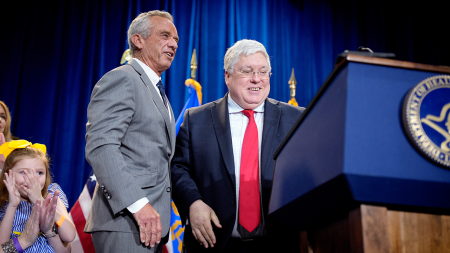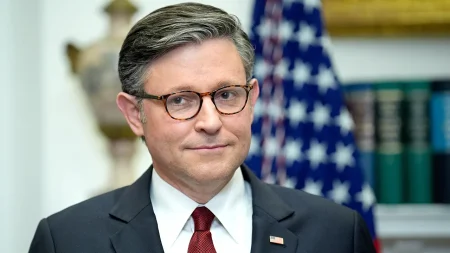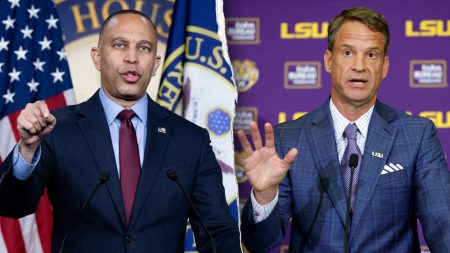Navigating the Murky Waters of America’s Government Shutdown
The government shutdown has entered its fourth week with no clear end in sight, leaving lawmakers, federal workers, and the American public in a state of uncertainty. As the stalemate continues, both Republicans and Democrats remain entrenched in their positions, each claiming public support while accusing the other side of obstinance. Republican Representative Andy Biggs initially predicted the shutdown would last just five days but has since conceded he “doesn’t see an end in sight.” Some Democratic senators have suggested the impasse could continue until at least November, highlighting the severity of the political gridlock that has paralyzed Washington. The situation has become so unpredictable that ancient philosopher Socrates’ famous acknowledgment of his own ignorance—”I know that I know nothing”—seems particularly fitting for anyone trying to forecast when federal operations might resume.
Congressional Republicans initially believed Democrats would capitulate after a few days without funding, then after federal workers missed their first paychecks, and then following the “No Kings” rallies across the country. House Speaker Mike Johnson expressed hope that Democrats would “come to their senses and re-open the government this week,” while Democratic leaders like House Minority Leader Hakeem Jeffries accused Republicans of constantly shifting their justifications for the continued shutdown. The political theater has become tiresome for many Americans as essential services remain unfunded and hundreds of thousands of federal employees work without pay or remain furloughed. Meanwhile, both parties continue their daily press briefings, which have become increasingly routine as the shutdown extends into unprecedented territory, with Speaker Johnson opening one recent session with the now-familiar refrain: “Welcome to day 22 of the Democrats’ shutdown.”
Many political observers believe that only one person has the power to break the deadlock: Donald Trump. The former president commands extraordinary influence over congressional Republicans—a level of sway that “Ronald Reagan could only envy,” as some commentators have noted. Democratic leaders have called on Trump to get more directly involved in negotiations. “Donald Trump definitively needs to get involved. He needs to get off the sidelines. Get off the golf course and actually decide to end the shutdown that he’s created and that he has allowed to happen,” stated Jeffries. Senate Minority Leader Chuck Schumer similarly urged the president to “sit down and negotiate with us so we can address this horrible crisis.” While Trump did meet with Senate Republicans for lunch in the renovated Rose Garden this week, Democrats criticized this as merely “a Rose Garden pep rally” rather than a serious attempt at bipartisan problem-solving.
The shutdown’s impact grows more severe with each passing day. There’s mounting concern about conditions at national parks, where, according to House Natural Resources Committee Chairman Bruce Westerman, “Litter will pile up and park ecosystems will be affected” without regular staffing. Federal workers continue to struggle financially, prompting the Senate to schedule a test vote on legislation to pay essential employees who are currently working without compensation. However, even this seemingly straightforward measure faces skepticism from Democrats like Senator Peter Welch, who worries the bill “gives a lot of latitude to the president to pick and choose, or, I should say, (White House Budget Director) Russell Vought to pick and choose (who gets paid).” The political impasse has real consequences for real people, a fact that seems lost in the partisan messaging war that continues unabated on Capitol Hill.
Despite growing “shutdown fatigue” among lawmakers, both parties remain convinced they’re winning the public relations battle. Republican Representative Mike Simpson reports that constituents on telephone town halls repeatedly urged, “Don’t you guys give into these hostage takers,” while Democratic Senator Richard Blumenthal claims people in Connecticut are telling him to “hang tough.” This perceived public support reinforces each side’s unwillingness to compromise, extending the shutdown further. Speaker Johnson maintains that “Republicans have nothing to offer to Democrats,” effectively shutting down suggestions of negotiation. Some Republicans even advise against Trump’s direct involvement for strategic reasons. Senator Roger Marshall believes “the timing is not right now. We’re winning the messaging war,” though he acknowledges there will eventually be “a time” for presidential intervention—just not yet, despite three weeks of government closure.
The government shutdown exemplifies the profound dysfunction in American politics, where partisan advantage often trumps public service. Democratic Senator Ruben Gallego succinctly captured many Americans’ frustration when he declared on Fox Business that “this does suck.” Meanwhile, House Minority Leader Jeffries expresses hope “that we get this shutdown resolved before the end of the month,” though he offers little insight into how this might happen. As days turn into weeks with no resolution in sight, the wisdom of both Socrates and baseball legend Yogi Berra seems increasingly relevant. We truly don’t know when or how this shutdown will end, and in that acknowledgment of uncertainty lies perhaps the only genuine wisdom available in this moment of political brinkmanship. Until leaders on both sides prioritize governance over gamesmanship, federal workers and the American people remain caught in the middle of a political standoff with no clear resolution on the horizon.





